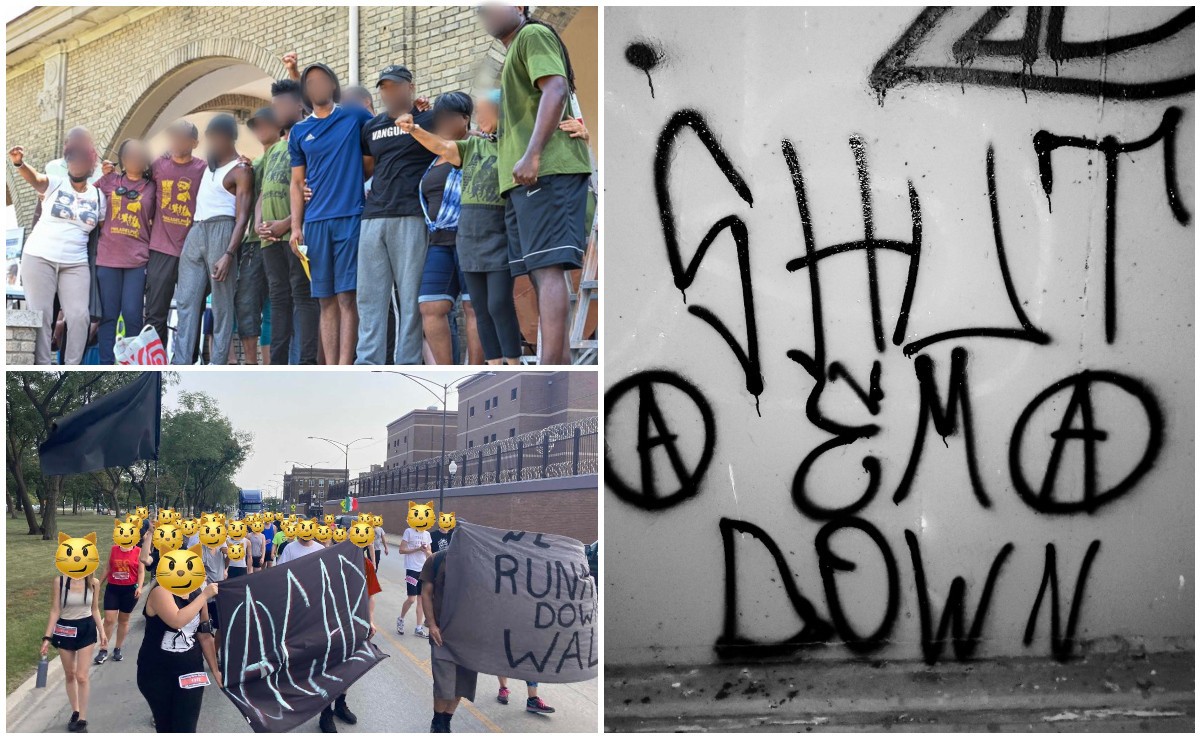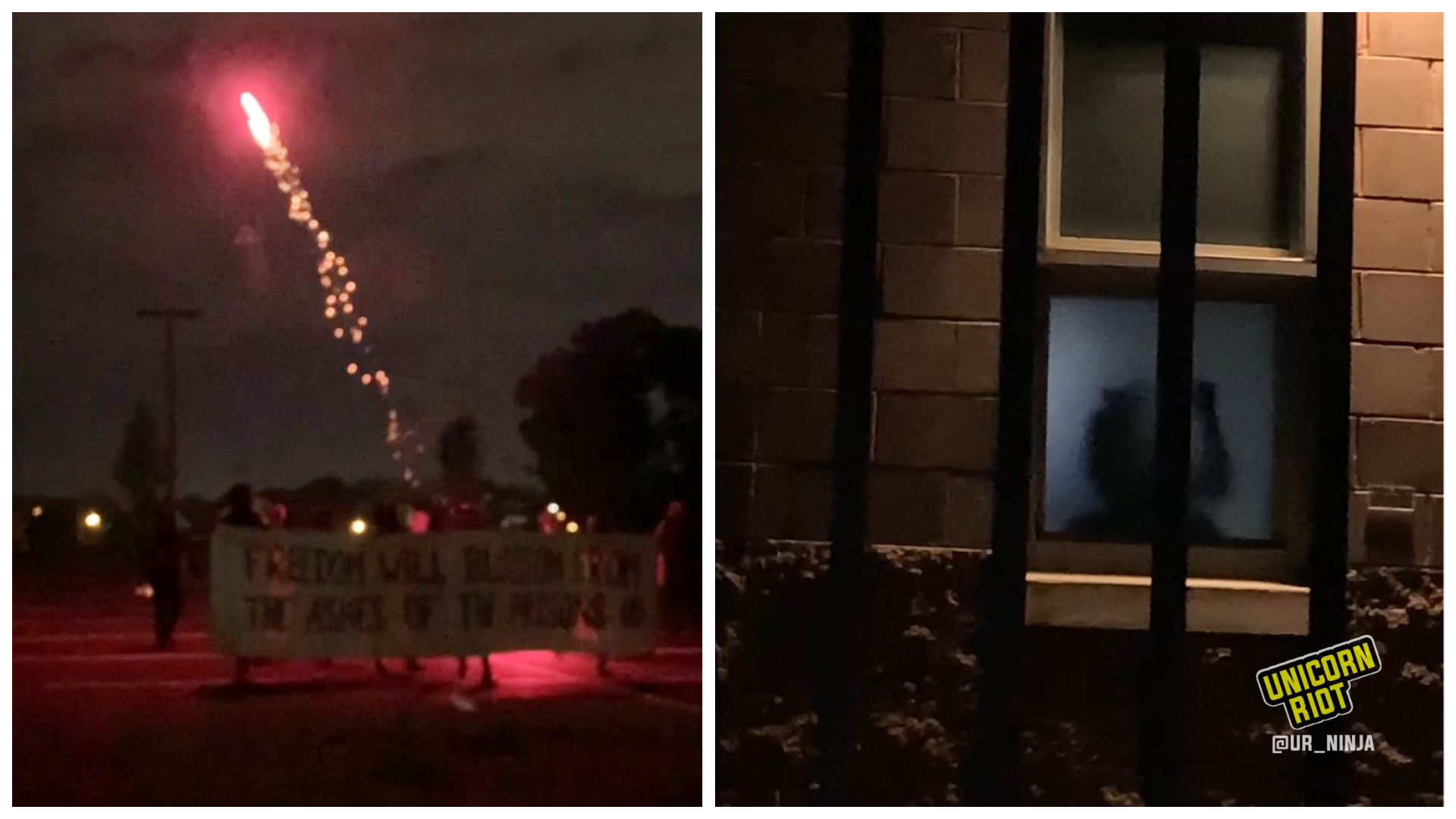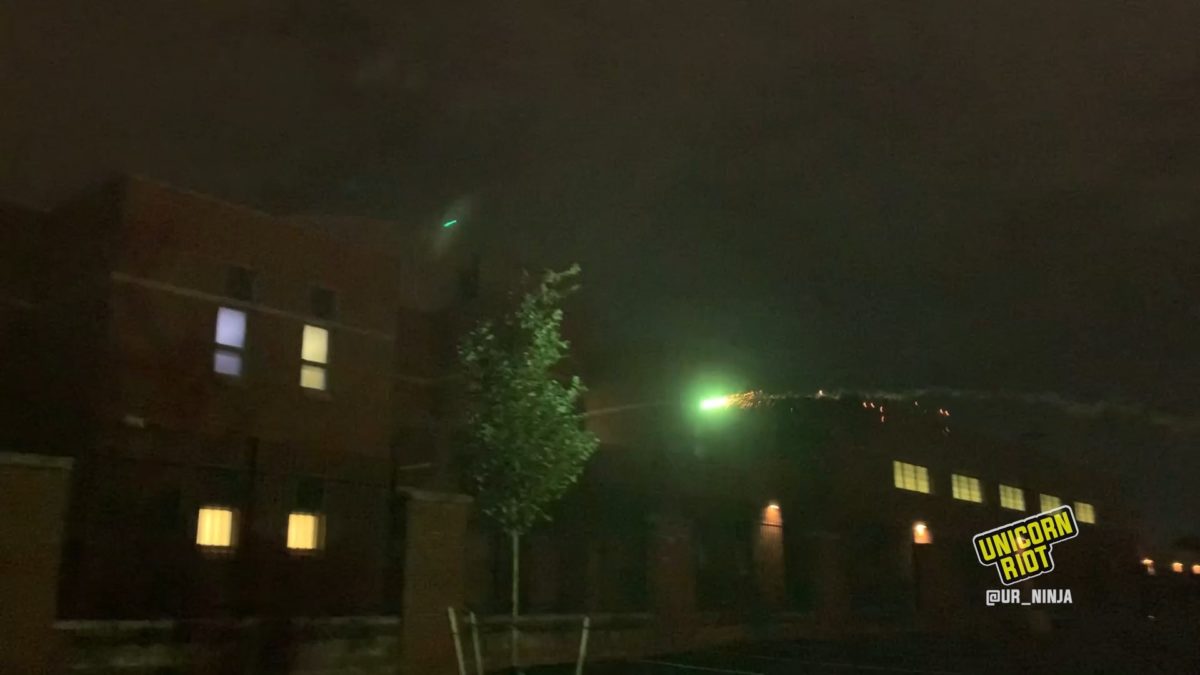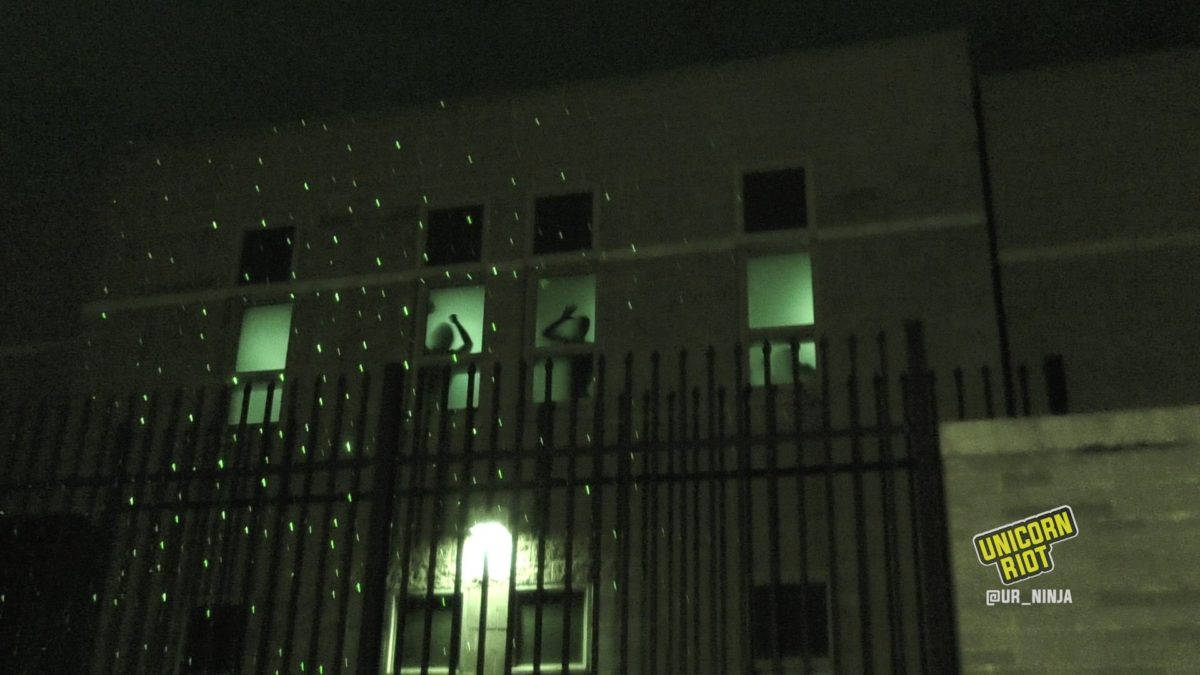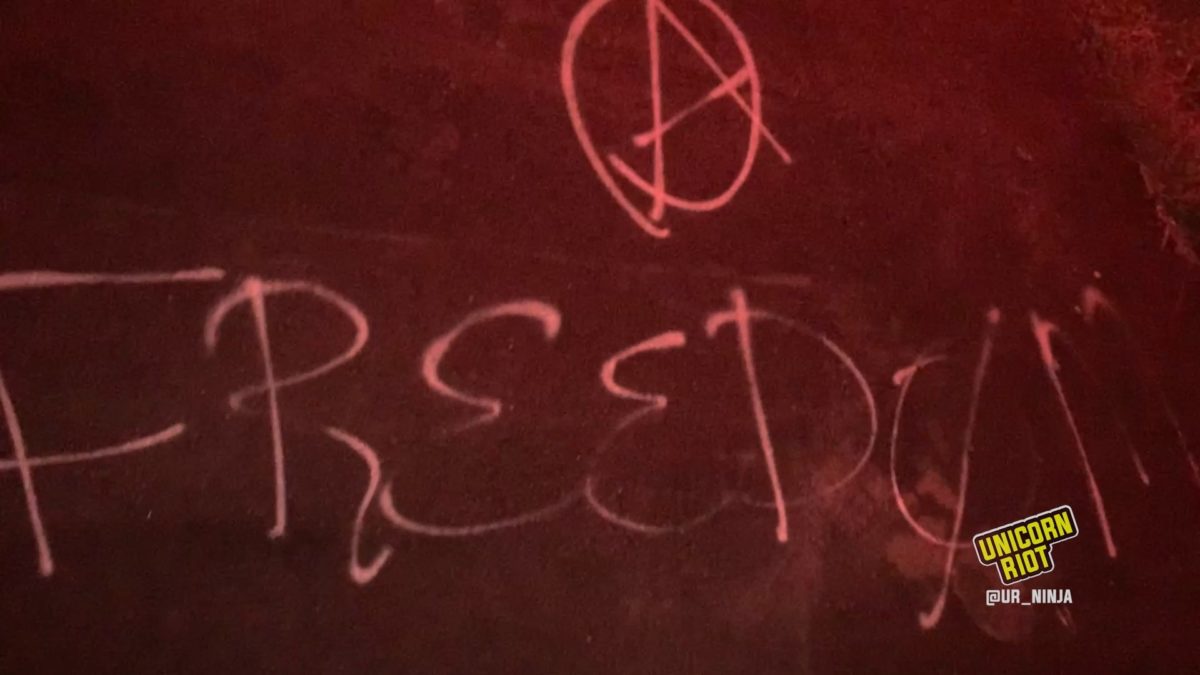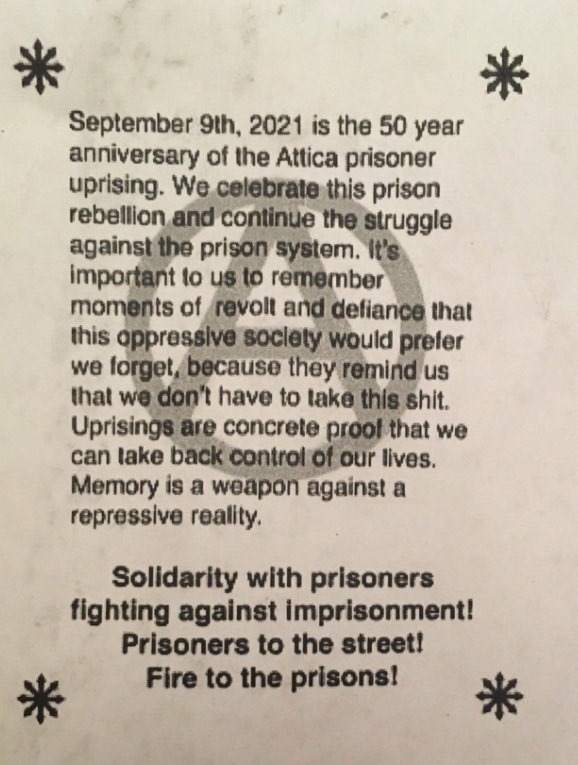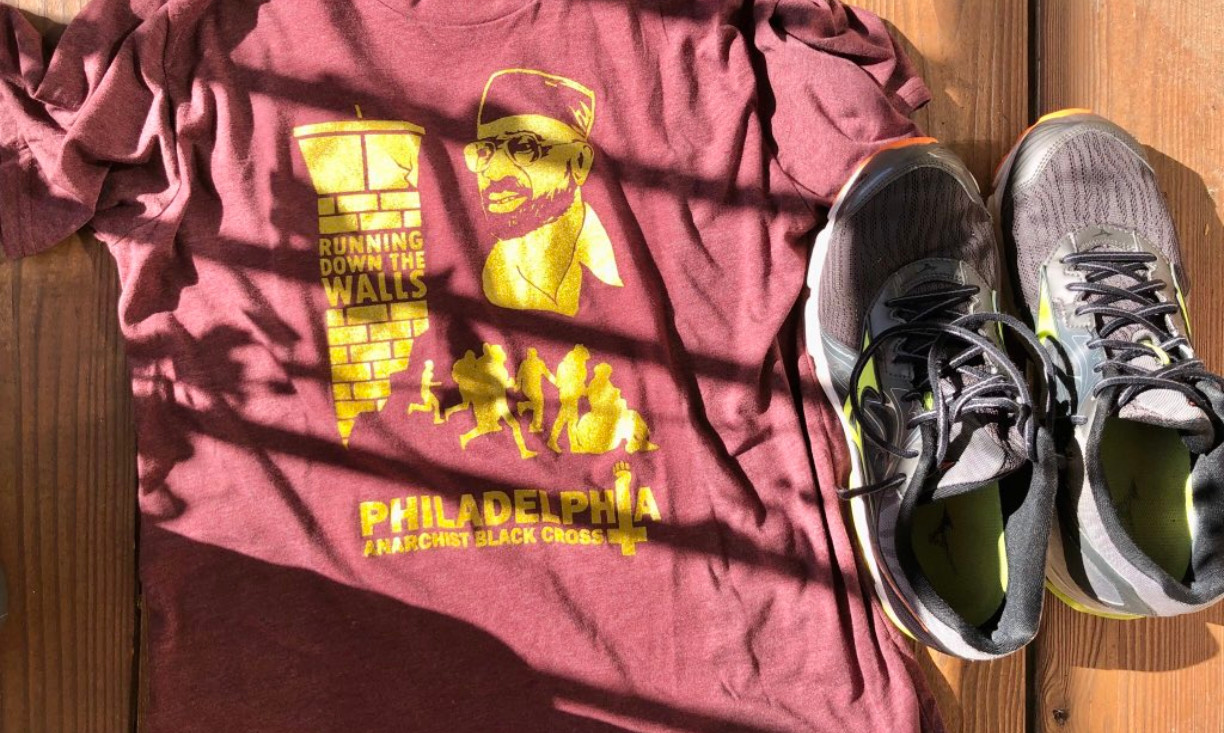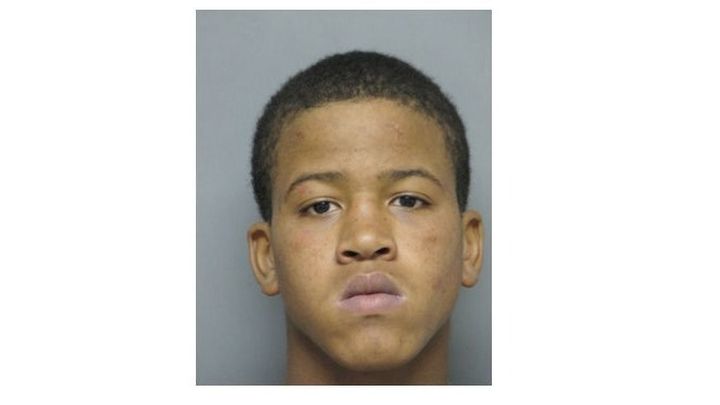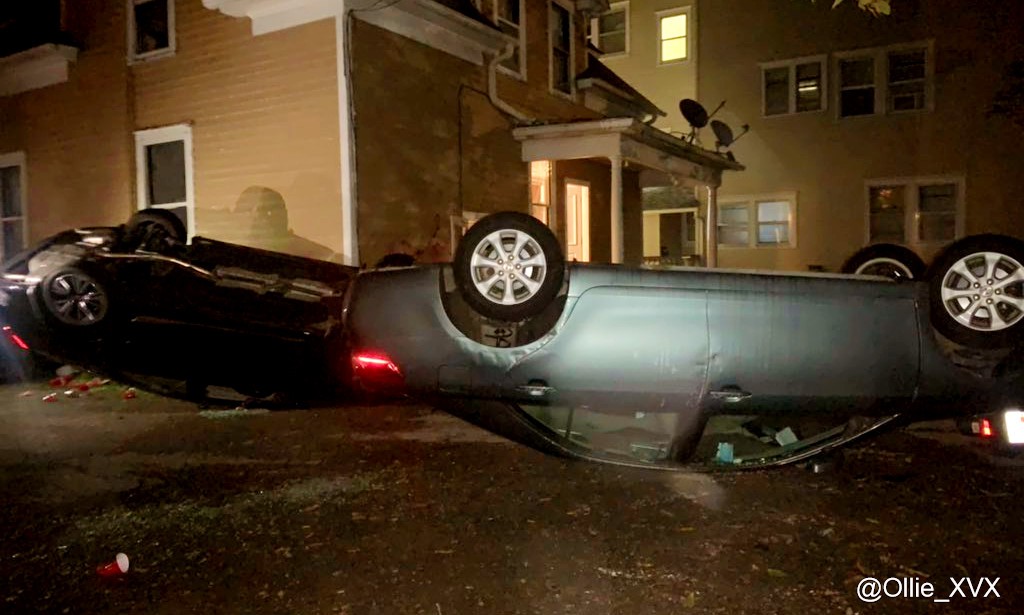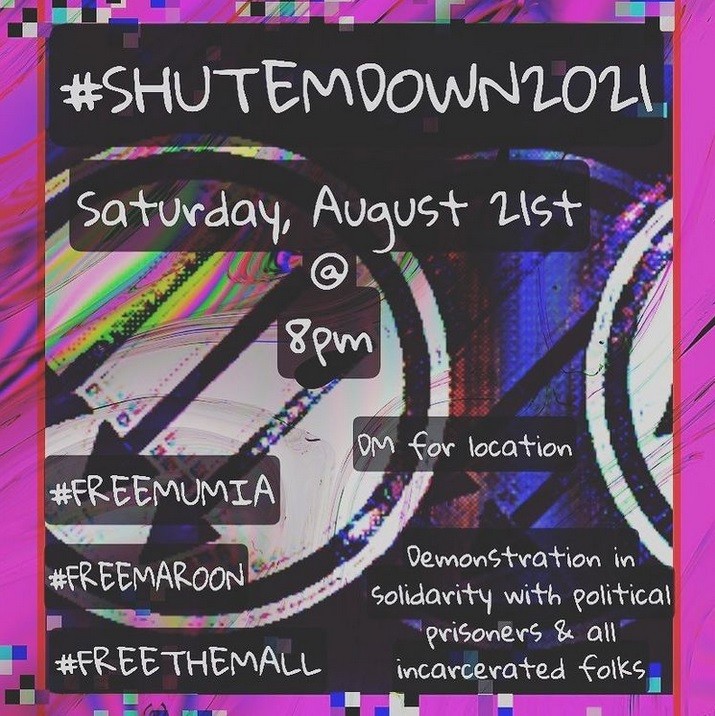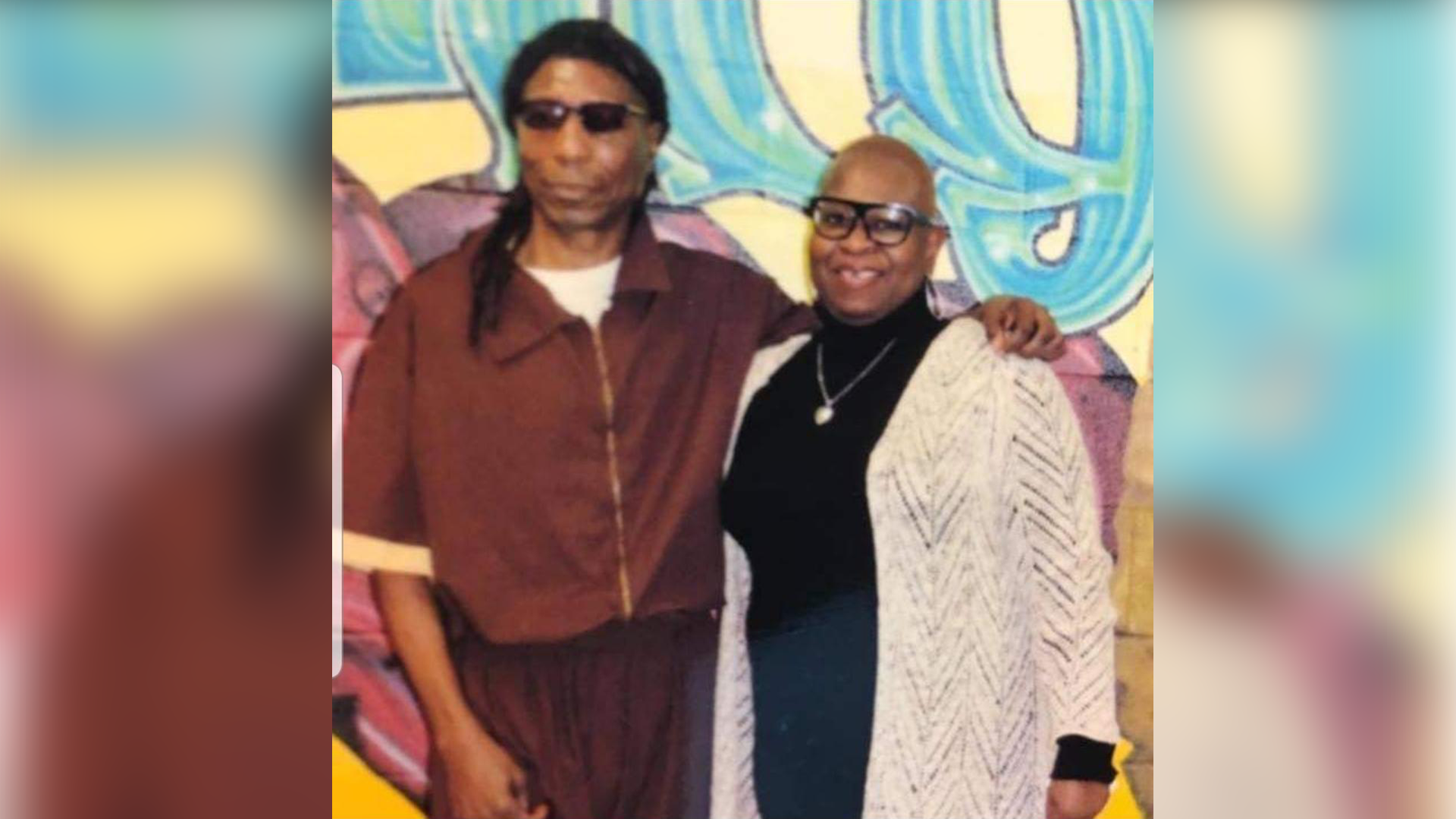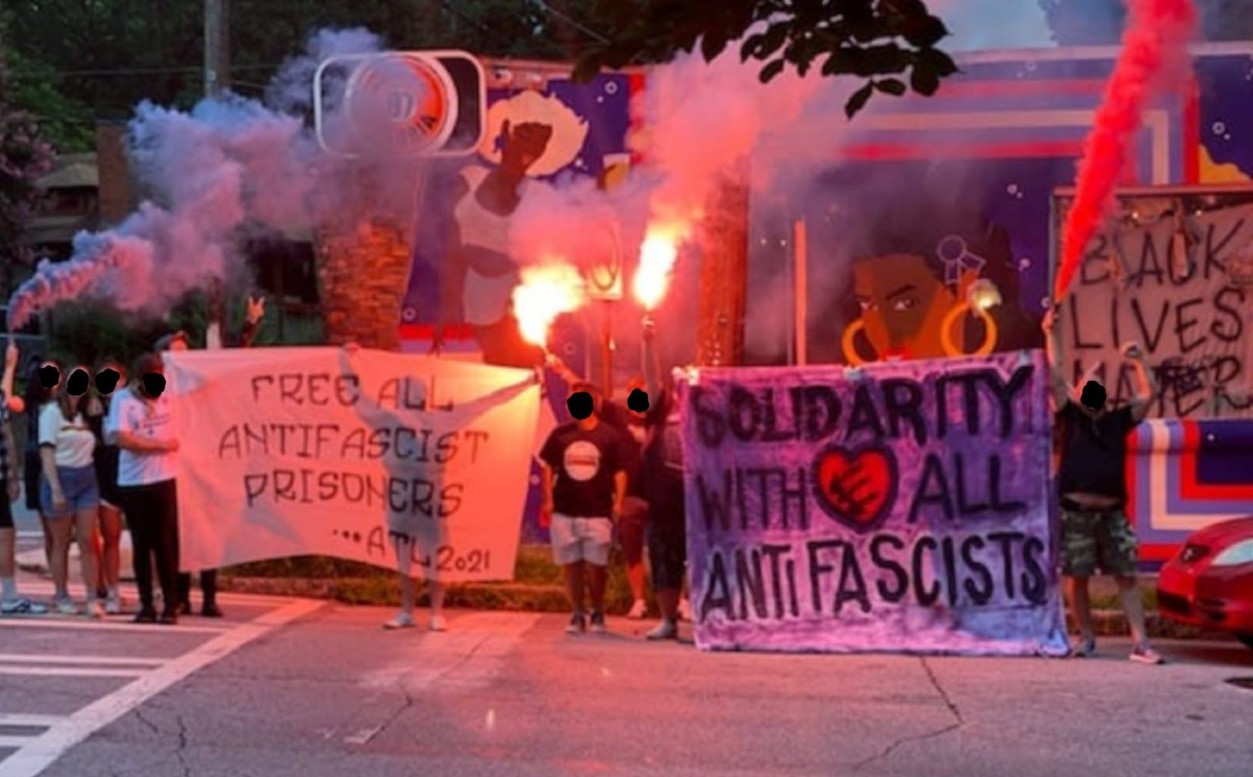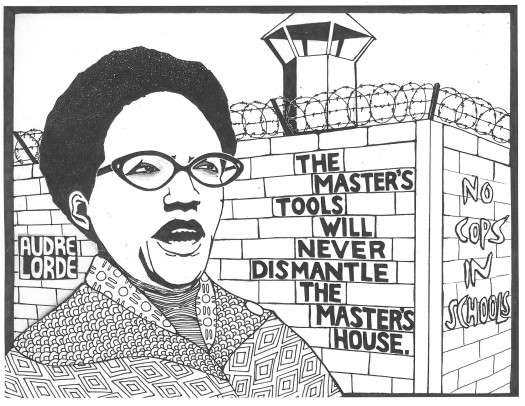from Philly ABC
We’re pleased to share the following reportback of our fourth annual Philadelphia Running Down The Walls in support of political prisoners and prisoners of war.
On sunny September 12, 2021, a light breeze persisted from off the lake in FDR park as participants gathered to check-in for their t-shirts, make donations, set up tables, and hang banners. For the fourth year in a row, the day kicked off an amazing yoga warm up lead by Sheena Sood to uplift the energy for the rest of the day. Our comrade Spiritchild from the maroon party for liberation emceed the event getting participants amped and queued up. Walkers left the start line around 11:10 am, followed by folks moving at a medium pace, and finally the runners around 11:30 am.
After the 5K, the crowd gathered as Spiritchild performed a song for the spirits of political prisoners, fallen comrades and ancestors, followed by pouring libations. Then we acknowledged the prisoners who were sponsored for and participated as part of the Philadelphia event: John Bramble and Paul Kali Hickman (Vaughn Correctional Center), Hector “Pica” Huertas and Jerome Coffey (SCI Pine Grove), Jacob Busic (Halifax Correctional Unit), Alejandro “Capo” Rodriguez-Ortiz and the 9 others participating with him (SCI Phoenix).
The first speaker was Mumia’s grandson, Jamal Jr. He started with the chant he’s heard his whole life – “Free Mumia!” – to remind everyone what the goal is, and then continued to share his raw emotions with us. Jamal spoke on how hard it was to see Mumia’s incision wounds from the recent open heart surgery, but his words come from more than just that. They come from a lifetime of fighting to free his grandfather. His call to action is for all of us to do one revolutionary act a day. See Jamal’s full speech from Unicorn Riot’s live stream here.
I wish my grandfather was here to address you today. We have a puppet in his stead. I wish he was here, lending his voice for the liberation of others like he always does. I wish he was here laughing and telling stories, flanked by his wife, children, grandchildren, and other family. … He’s been abducted longer than most of us have been alive. Just think of that. … They intended to kill him, but the people had something to say about that. … They took him from me, and they still intend to hold him. I’m pretty sure we got something to say about that. They took him from my children, and they intend for him to die in there– to die behind enemy lines. … Freeing political prisoners is personal to me, because my grandfather has been a political prisoner all my life. He’s been a political prisoner most of my dad’s life. Bringing him home is the goal. You guys hear that? We got to bring him home. We have to.
We all got work to do, so I am going to require one revolutionary act a day. One revolutionary act could be sharing a revolutionary story. One revolutionary act could be joining in on a conversation of political prisoners and injustices that we need to challenge. There’s many ways we can do one revolutionary act a day… . When I’m asking you guys to voluntarily do one revolutionary act a day– don’t just do it because it makes you feel okay, you know it makes you feel right, makes you feel whole, makes you feel good, you know supporting political prisoners– do it because, you know, a lot of us, we don’t have a choice… In supporting political prisoners, and supporting revolutionaries, in a lot of ways you’re supporting the family members, you know, of revolutionaries … the ones who didn’t sign up for this.
The next speaker was former political prisoner, Kazi Toure, who was imprisoned for over ten years for his role in bombings carried out by the United Freedom Front (UFF) to combat Apartheid in South Africa and US Imperialism in Central America. Kazi traveled down from Boston to participate and share his wisdom, solidarity for Mumia and all political prisoners, as well as his experiences with Running Down The Walls both inside and outside prison. See Kazi’s full speech here.
Each year I see this [Running Down The Walls] growing and growing, more and more. And you know it’s something we really need to do because of the double standards that they have on this land. Where Mumia would already be out, and a lot of other political prisoners would be out. So we have to double our efforts.
As brother [Jamal] spoke before … [where] he was talking about doing one revolutionary act a day, I think the self-discipline plays into that. Just like where we start the day off with yoga, and then went on our walk and our run… we have to incorporate all that and study revolutionary movements, and who the political prisoners are. People should know them. They are in there because they made a choice. People made a conscious choice to fight against this government, and it’s racist, sexist, homophobic policies.
Following came a legal update from Nia Holston of the Abolitionist Law Center, on the current status of medical parole for political prisoner Russell Maroon Shoatz. Maroon has been imprisoned for 48 years and suffers from stage 4 cancer, to the point at which he is eligible for compassionate release into to hospice. However that didn’t stop a Judge last month from asserting this 78 year old man is an “undue risk of escape or danger to the community,” and denying his release. Nia and others from ALC are still fighting for his release, and they believe he will come home. See Nia’s full legal update here.
I definitely want to acknowledge the family of Russell Maroon Shoatz that’s here today, and that we stand in solidarity with them. In August we filed a petition for compassionate release in his case, because of the illness, because of what he’s been going through, because he spent so long incarcerated. We’ve been working to file that petition to get him released. Now I have to say that unfortunately, Judge Scott of the Philadelphia Court of Common Pleas did deny that petition in August of this past month, but we are still working. We are still preparing the litigation to continue that fight, and we believe that we will win.
But I will say, as you all know here, we know that we can’t rely on the legal system to do what’s right. We know that we can’t. And so, all of the work that you are doing, all the good work you’re doing to organize this event, and all of the work that the Free Maroon Now coalition is doing to support the litigation is so, so important.
Next up, we were again joined by Robert Saleem Holbrook. Saleem is a former juvenile lifer who was released in 2018 after spending over two decades in prison. He spoke at last year’s event about the political education and mentorship he received from Maroon and Joseph “Joe-Joe” Bowen while incarcerated with them. This year he spoke on the history of Jericho and their new Philly chapter that formed a few months ago. He also echoed the strength and victories of our movements to free political prisoners. See Saleem’s full speech here.
Jericho was founded in 1998 after a call was made by Jalil Muntaqim … for all national organizations that support the Black liberation movement and support radical things in this country, to come together and march on Washington demanding the release of political prisoners who were casualties of this country’s war against the Black liberation movement, and this country’s war against the social protest movement of the 60s and 70s. … Since 1998, I’m proud to say that we have brought home a lot of political prisoners. Something that at one time seemed impossible. Jalil Muntaqim, the political prisoner who made that call, is now home. However not only is Jalil home, his comrades are also home. … A lot of times when you’re in the trenches fighting, you sometimes forget our victories … but we have victories that we need to uplift, and I think as a movement we need to uplift these victories a lot more… . There are so many who are released that gave inspiration to us that we need to acknowledge when we’re in their presence.
We have a lot more work to do. We got bring home Mumia Abu-Jamal … Russell Maroon Shoatz … Fred “Muhammad” Burton … Joseph “Joe-Joe” Bowen … Sundiata Acoli … Mutulu Shakur … Leonard Peltier … You know today is his birthday, so we need to uplift Leonard Peltier’s presence [and] his fighting spirit today. Philly Jericho is part of this movement, this mass movement to liberate our political prisoners.
The final speaker was longtime ABCF member, Tim Fasnacht. Since 2005, Tim has been the person dispersing the monthly Warchest stipends to political prisoners and prisoners of war. He gave a brief update and history of the program. See Tim’s full speech here.
Right now we’re up to 18 political prisoners [that] we send $50 a month. We also provide occasional legal money if someone needs help with legal fees. And [what] we also started over the past couple years as the Warchest has really grown, is a release fund. So we’re giving political prisoners who have been released over that last couple years anywhere from maybe $500 to maybe $3000 to help them get on their feet when they get out.
The Warchest started in 1994. It came about from comrades up in Patterson, New Jersey. They started writing and visiting different political prisoners. The first one they wrote to was Ojorie Lutalo … he’s been a huge inspiration to the formation of the ABCF in all different aspects, and he’s the one who coined the term “Warchest.” So you can thank him for it, you can thank Sekou Odinga and Sundiata Acoli – they’re the ones that kind of put together the list of people that we should get in touch with who were in need of financial assistance. We’ll just keep on doing this every year until they are all free.
Between speeches, we read aloud Running Down The Walls solidarity statements from political prisoners Oso Blanco and Bill Dunne, former political prisoner Jaan Laaman, and Capo on behalf of the Vaughn 17 prisoners who participated with us. Many people also signed up to join the Free Mumia listserv, which can also be subscribed to here. All the while, were accompanied by powerfully symbolic 18 ft. Mumia puppet in the background. If you appreciated the puppet, please donate to sustain that project. The speeches wrapped up with some short announcements of upcoming events and another reminder of the many political prisoners we’ve brought home, followed by a group photo on the pavilion steps.
We’d like to thank Food Not Bombs Solidarity for the snacks and refreshments, to Unicorn Riot for the full livestream of speakers, statements and announcements, and photographer Joe Piette for yet another collection of amazing photos. We were honored to be joined by former political prisoner Albert Woodfox of the Angola 3, who traveled all the way from New Orleans to be a part of the event. In that same vein, we were honored to be joined by and Kazi Toure and former Anarchist prisoner of war, Ojorie Lutalo, as well as recently released Pennsylvania prisoners Arthur ‘Cetawayo’ Johnson (August 11, 2021) and Eric Riddick (May 28th, 2021).
We thank Prison Radio, Mobilizaton for Mumia, Campaign to Bring Mumia Home, and International Concerned Friends and Family of Mumia Abu-Jamal for all the support in promoting and making this event the success that it was. We would also like to thank Spiritchild for emceeing the event, Sheena Sood for leading the Yoga warm-up, Latziyela and Come On Strong for printing the shirts, and people who tabled for Mobilization for Mumia, Here & Now Zines, IWW, Socialist Rifle Association, and a Black Panther support crew.
We thank the 200+ people who attended in person or remotely from Pennsylvania, North Carolina, California, Vermont, Illinois, New York, Virginia, Washington, Texas, Minnesota, Ohio, Arizona, Massachusetts, D.C., Malmo (Sweden), and Tokyo (Japan). Together we raised a total of $10,505 to be split between Mumia Abu-Jamal and the ABCF Warchest that sends monthly stipends to 18 political prisoners with little or no financial support. A full breakdown of Warchest funds in and out since 1994 is available here. Funds available beyond the reserved amount needed for the monthly stipends will be disbursed as one-time donations to other political prisoners who demonstrate financial need, or to the release funds of the next comrades to come home.
We look forward to more successes in the next year as we further the struggle to free Mumia and abolish the carceral system! We encourage folks to donate what they can to the Ant Smith Defense Committee. An outspoken supporter of Mumia Abu-Jamal and all political prisoners, Ant is a beloved educator, community member, and organizer who participates in Running Down The Walls. Since October of 2020, he has been the target of trumped up, politically motivated charges related to protest during the George Floyd uprising. Follow the #FreeAnt Linktree, Twitter, and Instagram. Make donations to freeantphl on Cashapp or PayPal.
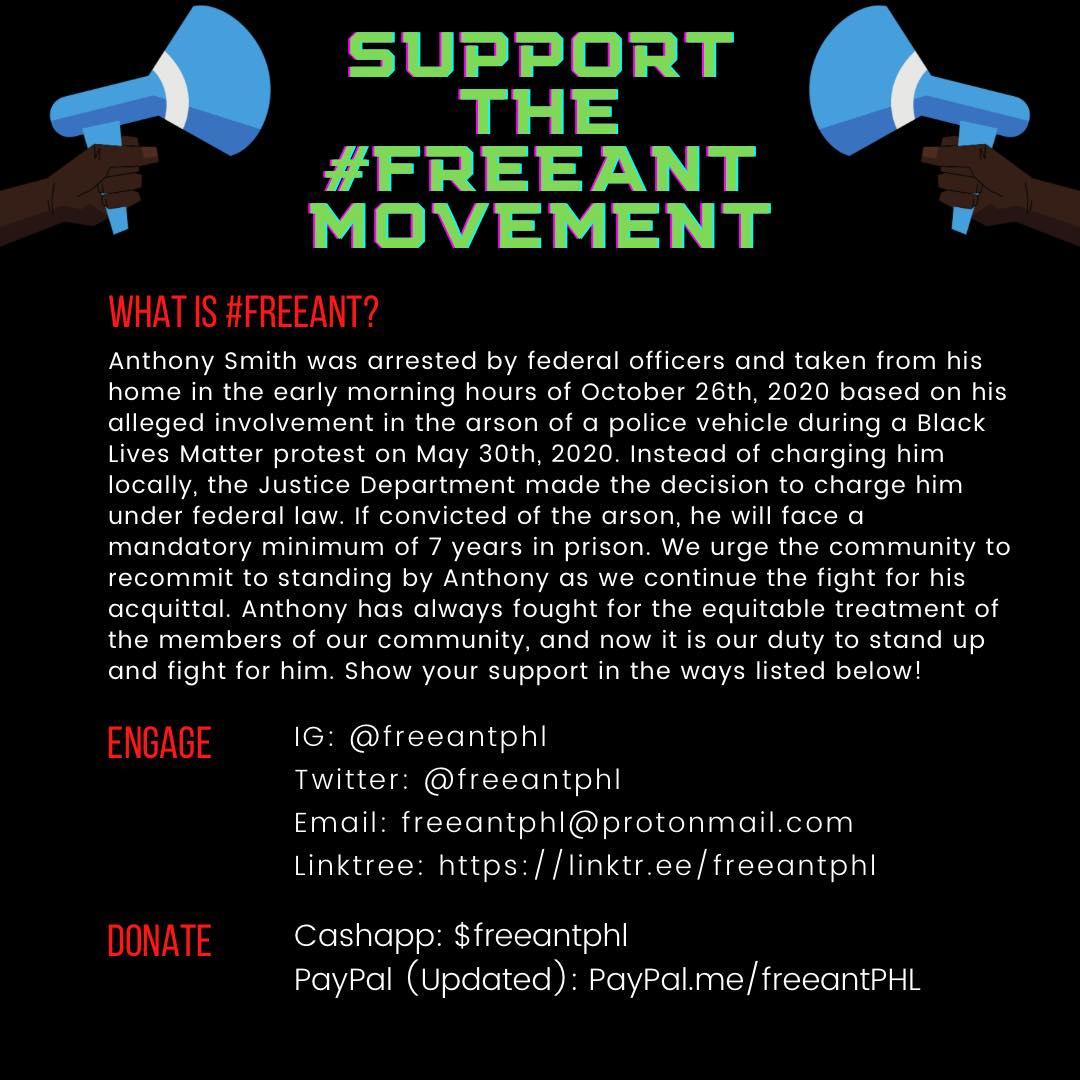
We want to close this out by commemorating former political prisoner and long-time friend and comrade of Philly ABC, Chuck Africa. After nearly 42 years in prison, on February 7th, 2020, Chuck was the last of the surviving Move 9 to be paroled. His cancer had already reached stage 4 by this time, but Chuck remained strong and optimistic.
Chuck spoke at last year’s Running Down The Walls, to which he called on the movement to take immediate action in supporting his imprisoned comrades Joseph Bowen and Steven Northington, and a list of women serving life without parole (or sentenced to death by incarceration).
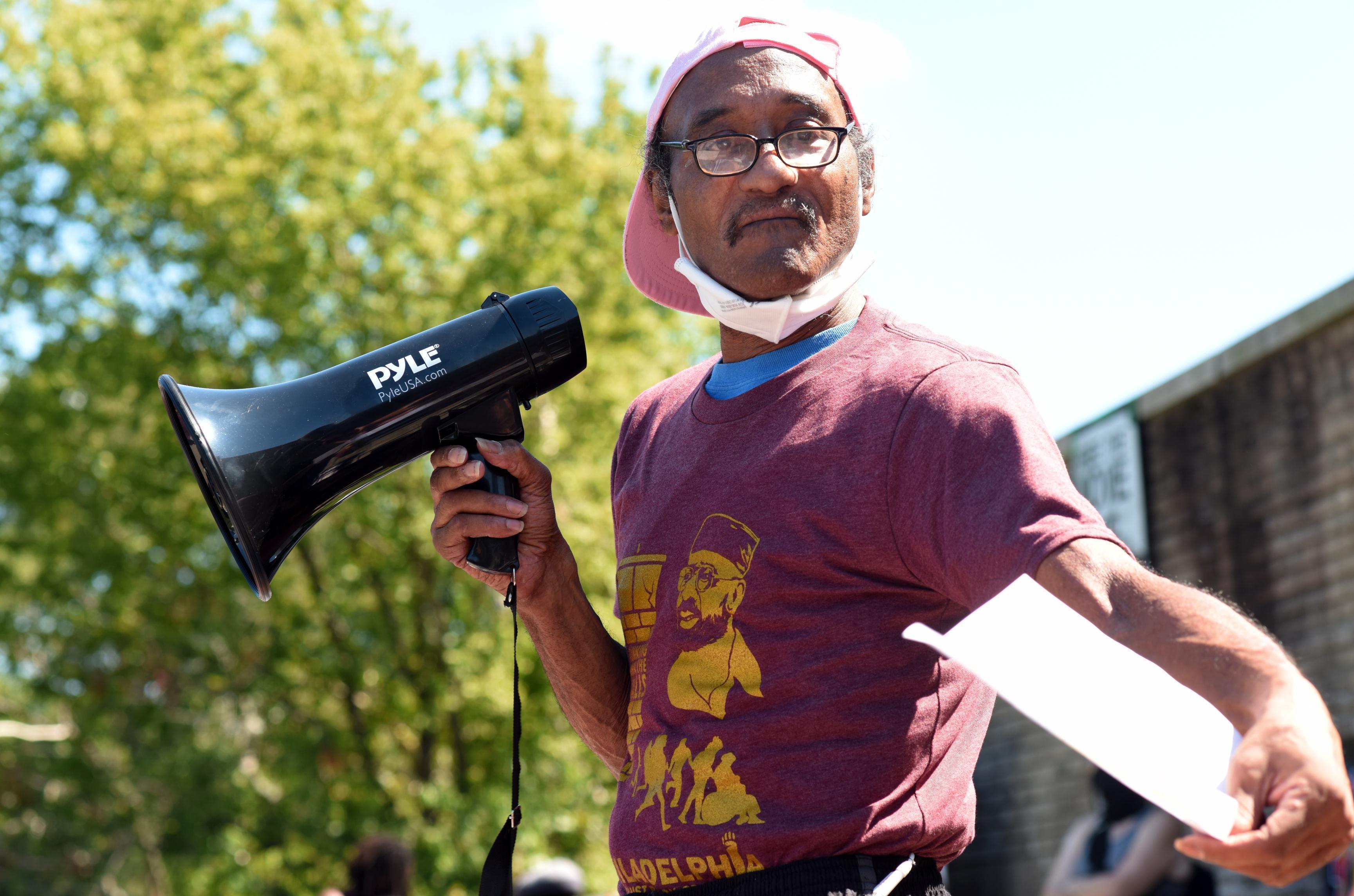
It was Chuck’s first and only public speaking engagement since his release. He was excited to attend the event again this year, and possibly speak again, but his health declined too rapidly in the month prior.
Around 3:00am on Monday September 20th, Chuck joined the ancestors after his four year battle with cancer that clearly worsened through incarceration. His family and close friends know him as a bold and selfless warrior, always standing up and fighting for everyone else before himself. He will forever be remembered as someone who loved with all his might, and we will keep fighting in his honor. #RestInPower comrade.
Until all are free,
Philly ABC
